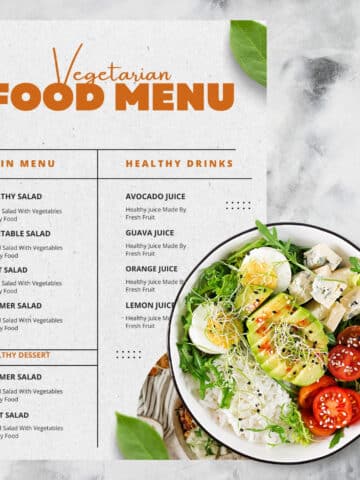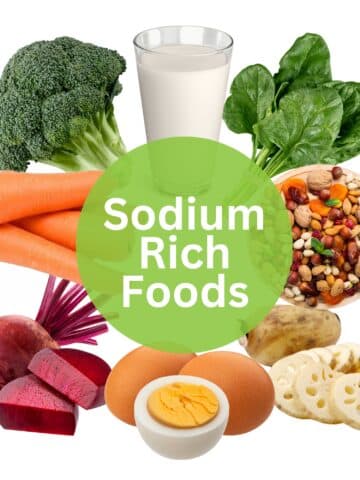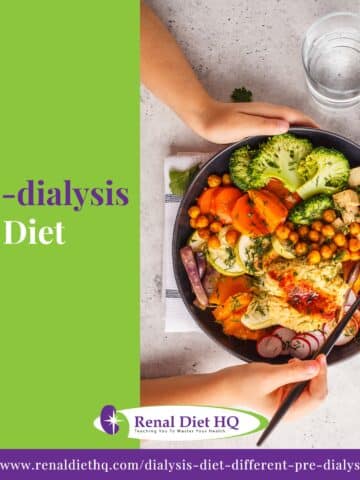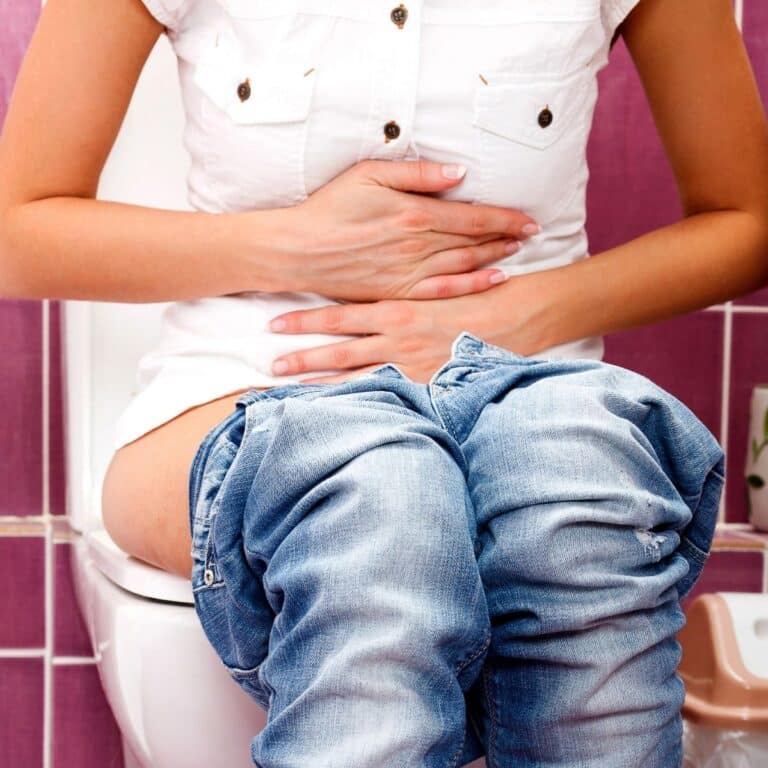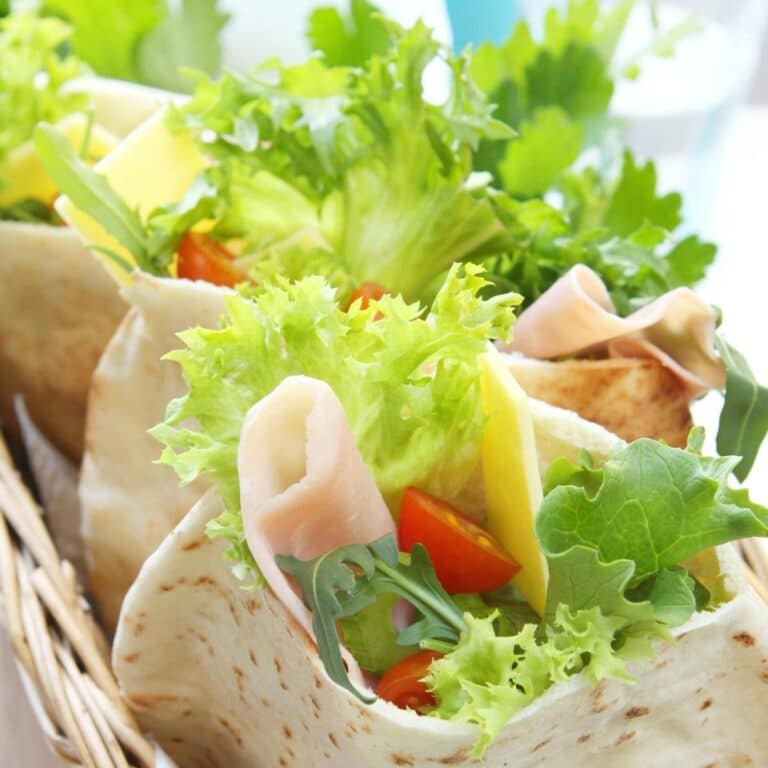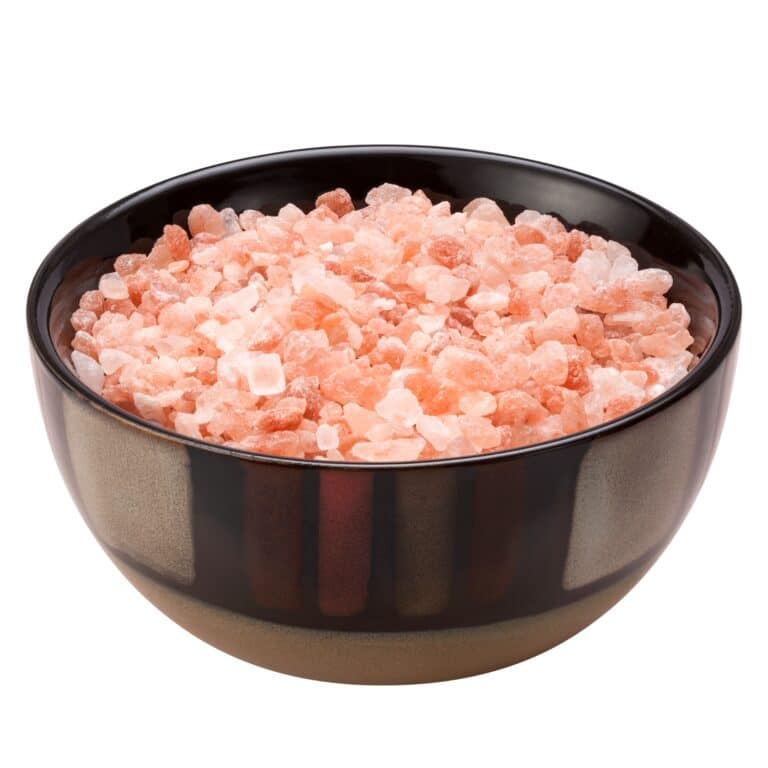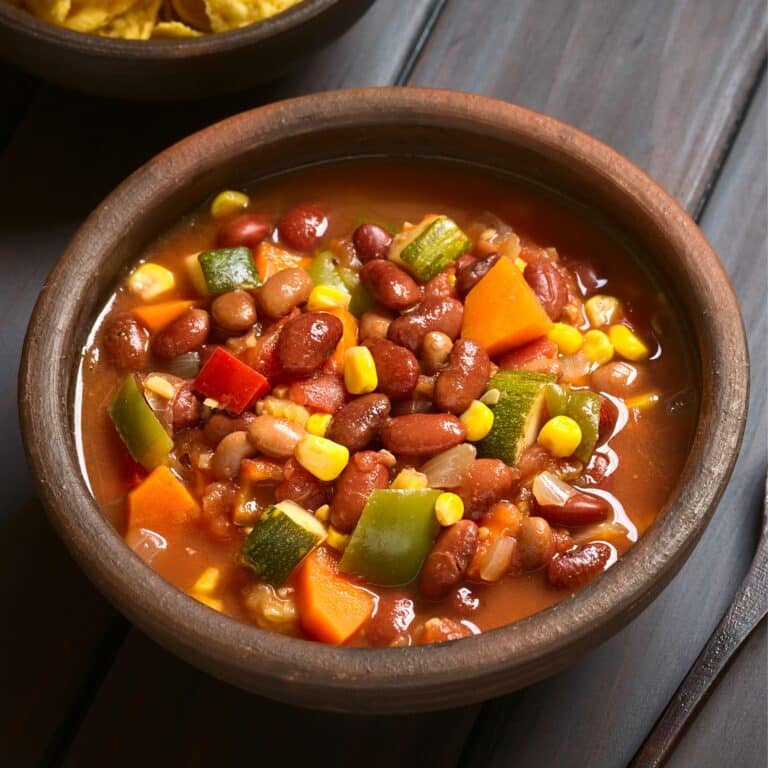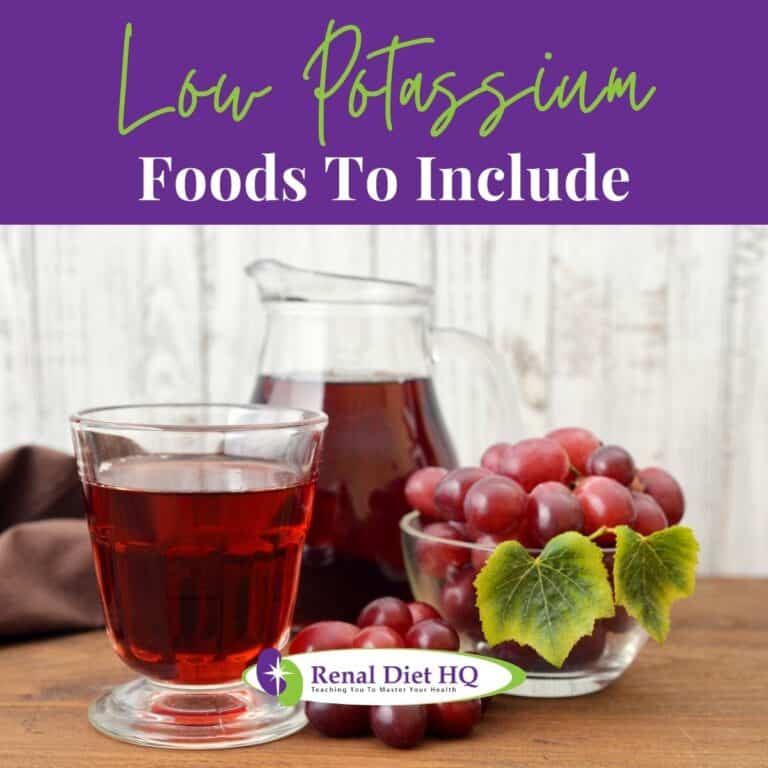Why Do You Need A Pre-Dialysis Diet Plan
If you're dealing with chronic kidney disease (CKD), it's crucial to understand the importance of a pre-dialysis diet plan. It's not just about managing symptoms; it can significantly slow down the progression of your condition and even help avoid dialysis or transplants.
By limiting daily protein intake, adhering to sodium restriction, and controlling blood sugar levels, you're giving your kidneys the best chance to function effectively. You'll need to adapt this plan as your kidney health changes over time, which may seem challenging but don't worry - that's where expert guidance comes in.
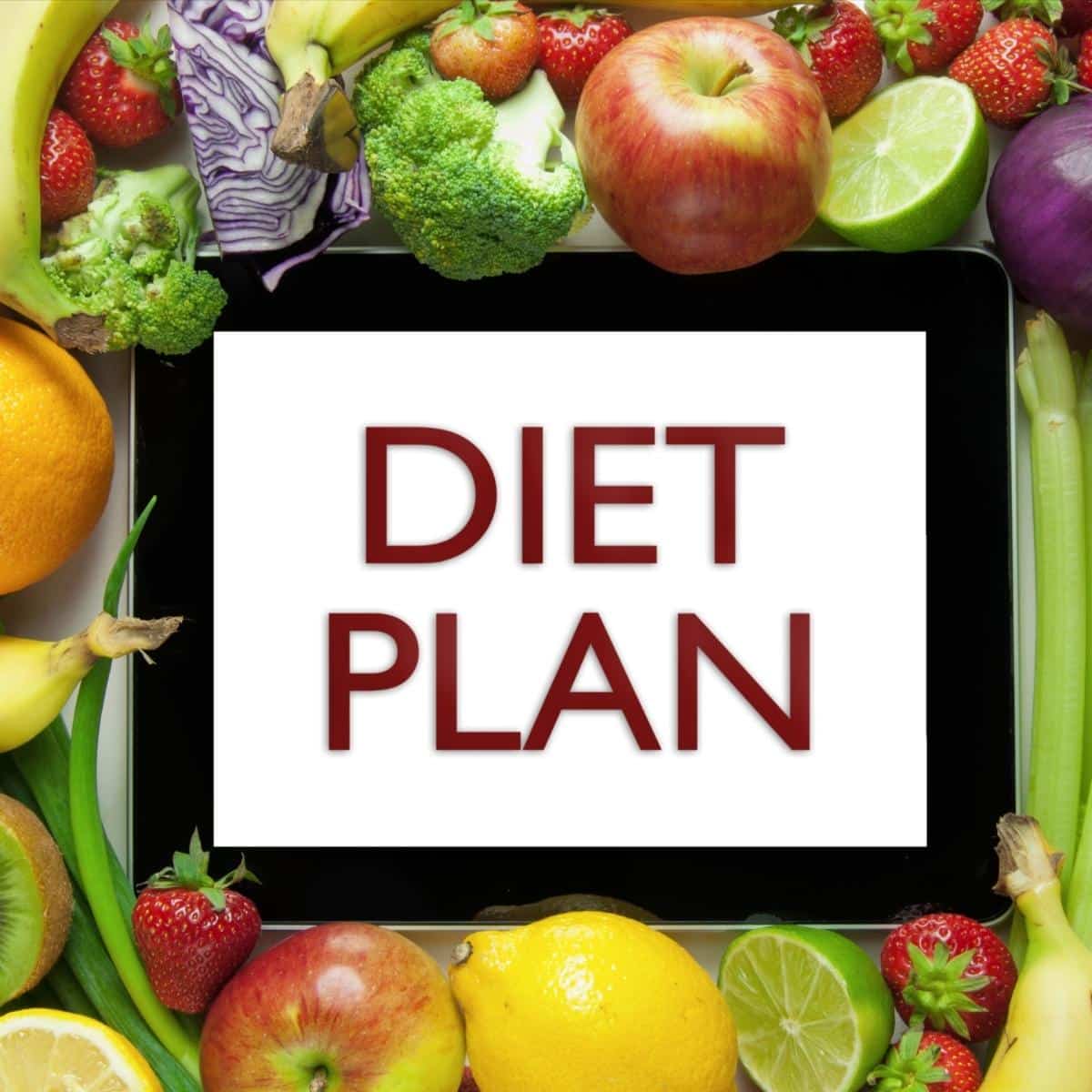
Nutritionists play a key role in tailoring these plans according to each stage of kidney deterioration, based on evidence-based practices and research.
In this article, we'll delve into why a pre-dialysis diet is essential for renal health and how you can implement one successfully. Remember, taking proactive steps now can make all the difference in managing your kidney disease long-term.
Jump to:
- Key Takeaways
- Understanding the Need for a Pre-Dialysis Diet Plan
- How Dietary Changes Can Slow Kidney Disease Progression
- The Role of Protein in a Pre-Dialysis Diet
- Sodium and Its Impact on Kidney Health
- The Importance of Sugar Control in Kidney Disease
- Why a Plant-Based Diet is Beneficial for Pre-Dialysis Patients
- Fluid Intake: Balancing Hydration and Kidney Health
- Sample Pre-Dialysis Diet Plan: What to Eat and Avoid
- The Challenges of Creating a Pre-Dialysis Diet Plan
- Adjusting to the Challenges of a Pre-Dialysis Renal Diet
- The Role of a Nutritionist in Developing a Pre-Dialysis Diet
- Maintaining Your Health with a Pre-Dialysis Diet Plan
- Frequently Asked Questions
- You Need A Pre-Dialysis Diet Plan To Slow Down CKD Progression
Key Takeaways
- A pre-dialysis diet plan is crucial for managing kidney disease and slowing down its progression.
- Following dietary guidelines and understanding nutrient restrictions is essential in a pre-dialysis diet plan.
- Personalized advice from healthcare professionals, especially nutritionists, is important in adapting the diet plan as the condition evolves.
- Dietary changes can significantly slow down the progression of kidney disease and ease symptoms such as swelling and fatigue.
For More Recipes and Ideas --->> Get Your Free Meals and Recipes That Are Perfect for Pre-Dialysis Diets, Pre-Dialysis with Diabetes, or Dialysis Diets.
Understanding the Need for a Pre-Dialysis Diet Plan
Don't underestimate the power of a pre-dialysis diet plan; it's not just about what you eat, but how you protect your kidneys from further damage and prepare them for potential dialysis. The benefits are profound, ranging from reducing waste accumulation in your body to maximizing the efficacy of future dialysis treatments.
Following dietary guidelines for pre-dialysis is crucial to this success. Understanding nutrient restrictions inherent to meal planning for pre-dialysis is essential. You'll need to limit certain foods while increasing others, all with an aim toward preserving kidney function as long as possible. This includes cutting back on protein intake in early stages and restricting sodium across all stages to manage blood pressure levels.
Moreover, don't forget the importance of personalized advice for pre-dialysis nutrition strategies. Your needs will vary depending on the current stage of your renal disease and other health factors. Regularly consulting with healthcare professionals ensures your diet plan adapts as your condition evolves over time.
Remember that creating a successful pre-dialysis diet plan may be challenging, but it's absolutely worth it. It not only safeguards renal health but also enhances overall well-being during this critical period in your health journey.
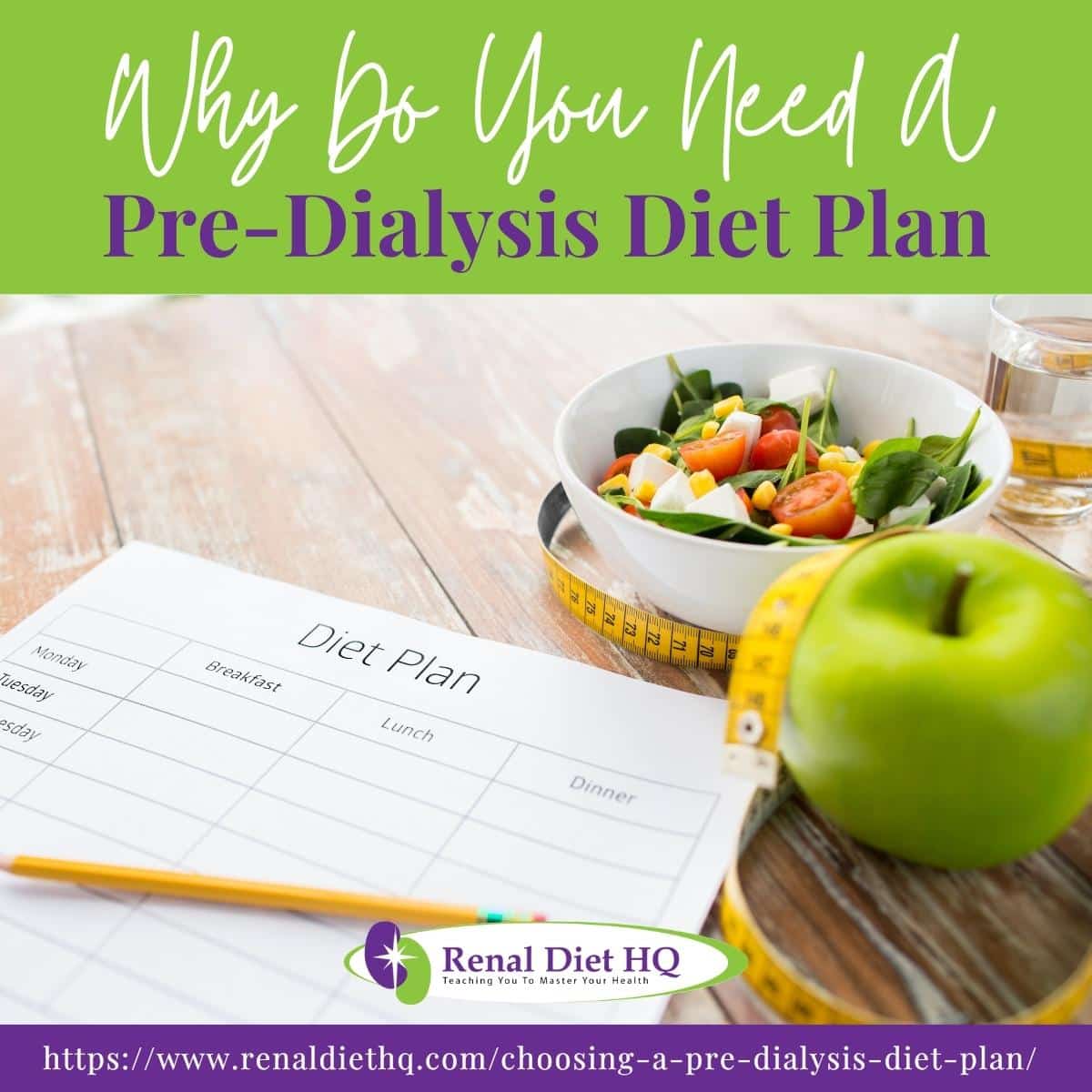
How Dietary Changes Can Slow Kidney Disease Progression
Dietary changes can significantly impact the progression of kidney disease, especially in conditions like Chronic Kidney Disease. The kidneys play a vital role in filtering waste and toxins from the bloodstream, and specific dietary habits can either support or exacerbate kidney function.
By making thoughtful dietary adjustments, individuals with kidney disease can effectively slow down the progression of the condition and improve overall kidney health.
Controlling protein intake is crucial for individuals with kidney disease, as excessive protein consumption can strain the kidneys, leading to increased waste product production. Limiting sodium intake is equally important, as high sodium levels can cause fluid retention and elevated blood pressure, adding stress to the kidneys.
Monitoring phosphorus and potassium levels is vital, as imbalances of these minerals can be harmful to kidney health. A renal diet that restricts high-phosphorus and high-potassium foods can help preserve kidney function and minimize potential complications.
Proper fluid management is essential in kidney disease management. Consuming too much or too little fluid can affect kidney function, so maintaining a balanced fluid intake is important.
Emphasizing fresh fruits and vegetables in the diet provides essential nutrients, antioxidants, and dietary fiber, benefiting overall health and kidney function. Including healthy fats from sources like avocados, nuts, and olive oil can also support kidney health.
Additionally, avoiding processed and fast foods that often contain phosphorus additives can help manage phosphorus levels more effectively. By implementing these dietary changes, individuals with kidney disease can enhance their overall health and slow the progression of CKD.
It's crucial to work with a registered dietitian or healthcare professional to develop a personalized meal plan that meets specific nutritional needs while supporting kidney function. Regular monitoring of kidney function and adherence to dietary guidelines are essential components of effectively managing kidney disease and preserving kidney health.
The Role of Protein in a Pre-Dialysis Diet
In a pre-dialysis diet for Chronic Kidney Disease, the role of protein is significant but must be carefully managed. Protein is an essential nutrient necessary for building and repairing tissues and is typically found in foods like meat, poultry, fish, dairy foods, beans, and nuts.
However, in the context of CKD, a special diet, specifically a low-protein diet restricting protein intake becomes crucial due to impaired kidney function.
When the kidneys are not functioning optimally, they struggle to filter and excrete waste products produced by protein metabolism effectively. As a result, excess protein breakdown products, such as urea and creatinine, accumulate in the bloodstream, leading to a condition known as azotemia. This can further strain the kidneys and potentially worsen kidney damage.
By reducing protein intake in a pre-dialysis diet, the production of protein waste products is minimized, relieving the workload on the kidneys and slowing down the progression of CKD.
Additionally, restricting amounts of protein intake helps manage proteinuria (excessive protein in the urine), a common symptom of kidney damage, which can contribute to kidney function decline.
However, it is essential to strike a balance between managing protein intake and meeting the body's nutritional needs. The goal is to limit protein without causing malnutrition or muscle wasting.
Working with a registered dietitian or healthcare professional is crucial to developing a personalized healthy eating plan that meets individual protein requirements while supporting kidney health.
Restricting protein foods in a pre-dialysis diet is important for individuals with CKD to reduce the burden on the kidneys, manage waste product accumulation, and slow down the progression of the disease.
Proper protein management, along with other dietary and lifestyle modifications, can significantly contribute to preserving kidney function and improving the quality of life for individuals with CKD.
Sodium and Its Impact on Kidney Health
Restricting sodium intake is of paramount importance in a pre-dialysis renal diet for individuals with Chronic Kidney Disease. Sodium is a mineral commonly found in salt (sodium chloride) and many processed foods. When consumed in excess, sodium can have detrimental effects on kidney health, blood pressure, and overall well-being.
In CKD, impaired kidney function hinders the ability to effectively excrete sodium from the body. As a result, sodium levels can accumulate in the bloodstream, leading to fluid retention and increased blood pressure. Elevated blood pressure, or hypertension, is a common complication of CKD and can further damage the kidneys, exacerbating the disease's progression.
Restricting sodium intake helps manage blood pressure, reducing the strain on the kidneys and minimizing the risk of kidney damage. It also aids in controlling fluid retention, which can lead to swelling (edema) and worsen congestive heart failure, a condition that often coexists with advanced CKD.
Additionally, lowering sodium intake can alleviate symptoms like thirst and excessive urination, which are common in CKD. By adopting a low-sodium diet, individuals with pre-dialysis CKD can better manage their kidney health and enhance their overall quality of life.
To implement a successful low-sodium pre-dialysis renal diet, it is essential to read food labels diligently and choose fresh, unprocessed foods without extra salt. Reducing or avoiding the use of table salt and choosing herbs and spices for flavoring can also be beneficial.
Collaborating with a registered dietitian or healthcare professional is vital in developing a personalized food plan that meets nutritional needs while supporting kidney health effectively. By adhering to a low-sodium diet, individuals with pre-dialysis CKD can take proactive steps towards preserving kidney function and mitigating further complications.
The Importance of Sugar Control in Kidney Disease
Controlling sugar intake is crucial for people with kidney disease on a pre-dialysis renal diet due to its significant impact on overall health and potential complications related to kidney function. High sugar consumption can have several adverse effects, particularly for individuals with Chronic Kidney Disease (CKD).
Firstly, diabetes is a leading cause of CKD, and many renal patients also have diabetes. Excessive sugar intake can worsen blood glucose control, leading to increased insulin resistance and further kidney damage. By limiting sugar intake, blood sugar levels can be better managed, reducing the risk of diabetic nephropathy and slowing down CKD progression.
Secondly, high sugar diets have been linked to hypertension, a common complication of CKD. Uncontrolled blood pressure can damage blood vessels in the kidneys, impairing their ability to filter waste and maintain fluid balance. By reducing sugar intake, individuals can aid in blood pressure regulation, promoting better kidney health.
Thirdly, sugar-rich diets can contribute to weight gain and obesity, both of which are risk factors for developing CKD. Obesity can strain the kidneys and increase the risk of kidney disease. Controlling sugar intake can support weight management and minimize the burden on the kidneys.
Additionally, high sugar intake has been associated with increased inflammation, which can exacerbate kidney damage. By reducing sugar consumption, kidney inflammation can be minimized, supporting kidney function and slowing the progression of CKD.
Lastly, high sugar diets have also been linked to proteinuria, a common symptom of kidney damage where excessive protein is found in the urine. Proteinuria can further harm the kidneys and contribute to CKD progression. A controlled sugar intake can help manage proteinuria and preserve kidney function.
To maintain kidney health and slow down CKD progression, kidney disease patients on a pre-dialysis renal diet should prioritize limiting sugar intake. Choosing whole, unprocessed foods, reading food labels carefully, and working with a registered dietitian or healthcare professional can aid in developing a personalized meal plan that supports kidney health and overall well-being.
By controlling sugar intake, individuals with pre-dialysis CKD can take proactive steps towards better kidney management and an improved quality of life.
Why a Plant-Based Diet is Beneficial for Pre-Dialysis Patients
Pre-dialysis patients can benefit from adopting a plant-based diet due to several potential advantages that support kidney health and overall well-being. A plant-based diet focuses on consuming primarily plant-derived foods such as fruits, vegetables, whole grains, legumes, nuts, and seeds while minimizing or eliminating animal-based products.
- Lower Protein Content: Plant-based diets tend to have lower protein content compared to diets that include a significant amount of animal-based foods. For pre-dialysis patients, reducing protein intake can help alleviate the burden on the kidneys and slow down the progression of kidney disease. By managing protein intake, the production of waste products is reduced, leading to improved kidney function.
- Reduced Sodium and Phosphorus: Plant-based diets are naturally lower in sodium and phosphorus, two minerals that need to be restricted in kidney disease. Avoiding salty food helps manage blood pressure and fluid retention, while limiting phosphorus intake can prevent complications related to mineral imbalances.
- Rich in Antioxidants and Fiber: Plant-based diets are rich in antioxidants and dietary fiber, which can have protective effects on kidney health and protect against heart disease. Antioxidants help reduce oxidative stress, while fiber supports digestive health and may aid in reducing inflammation.
- Lower Saturated Fat: Plant-based diets typically have lower levels of saturated fat compared to diets that include meat and dairy products. Lowering saturated fat intake can be beneficial for heart health and reduce the risk of cardiovascular complications associated with kidney disease.
- Potential Weight Management: Plant-based diets may promote weight management and reduce the risk of obesity, a significant risk factor for kidney disease development and progression. Maintaining a healthy weight can ease the strain on the kidneys and contribute to overall better kidney function.
However, it is crucial for pre-dialysis patients to work with a registered dietitian or healthcare professional when adopting a plant-based diet. A balanced and well-planned plant-based meal plan that meets nutritional requirements, including essential nutrients like vitamin B12 and iron, which are commonly deficient in plant-based diets.
By incorporating a carefully managed plant-based diet, pre-dialysis patients can take proactive steps towards preserving kidney function and enhancing their overall health and well-being.
Fluid Intake: Balancing Hydration and Kidney Health
Managing your fluid intake is a critical aspect of maintaining kidney health, yet it's not as simple as just drinking less water. The balance between hydration benefits and the stress on your kidneys from excess fluids can be tricky, especially because our bodies need water for many functions.
Fluid restriction guidelines play an important role in a pre-dialysis nutrition plan. It's not solely about limiting the amount you drink but also considering the types of liquids you consume. Here are some recommendations:
| Fluid Type | Suggested Intake | Alternatives |
| Water | 5-7 glasses/day | - |
| Coffee/Tea | Limit intake | Herbal tea |
| Soda | Avoid | Sugar-free drinks |
| Fruit Juices | Limit intake | Fresh fruits |
| Alcohol | Avoid | Non-alcoholic beer |
Monitoring urine output can help determine if you're following the fluid restriction guidelines correctly. If you notice changes in color, frequency, or volume of urination, consult with your health care provider immediately.
Managing thirst and dry mouth might be challenging initially but there are tricks to help: rinse your mouth without swallowing or try chewing gum.
Remember, every individual's needs vary depending upon their stage of kidney disease and overall health status. Therefore, it's essential to personalize these guidelines under professional guidance.
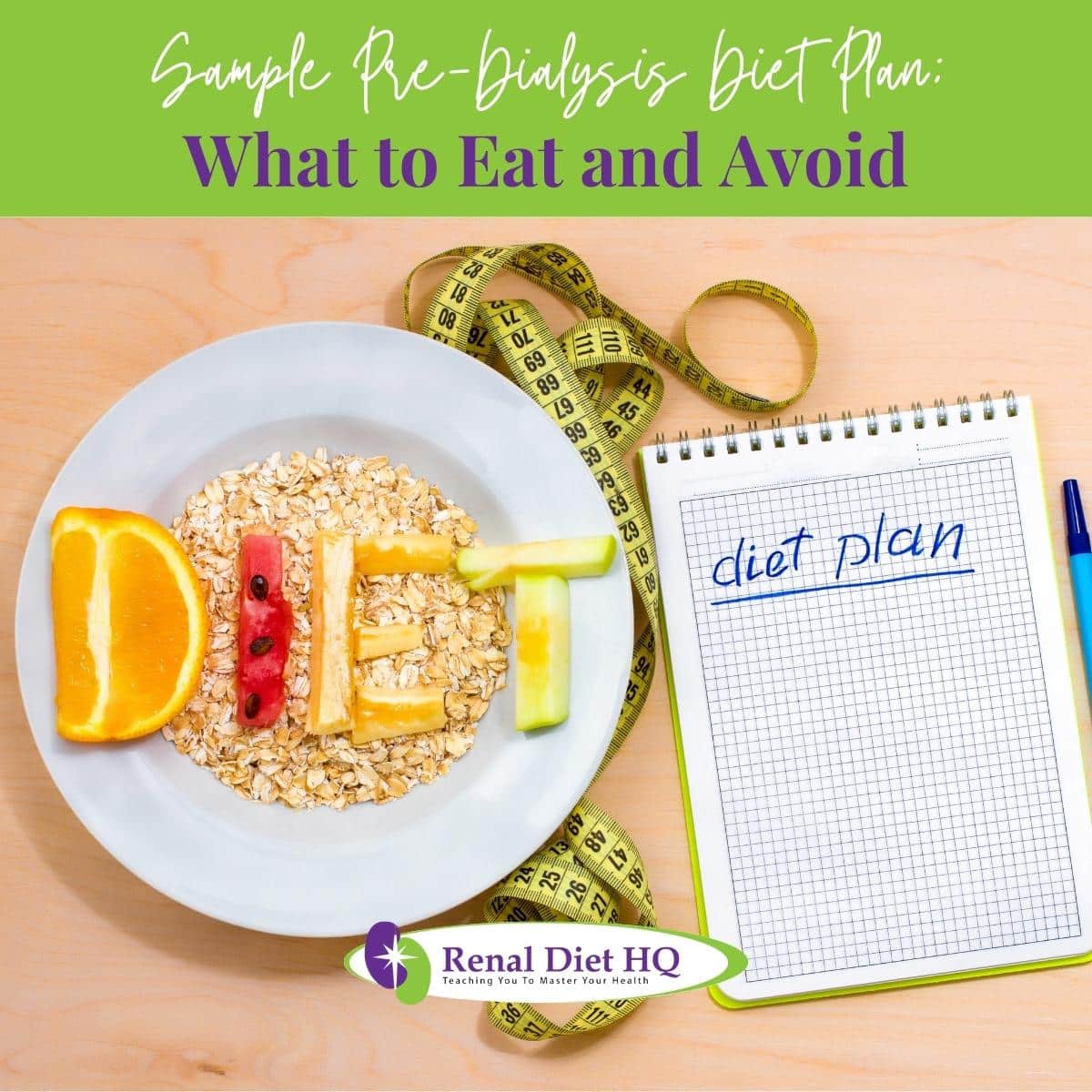
Sample Pre-Dialysis Diet Plan: What to Eat and Avoid
Having understood the importance of regulating your fluid intake for kidney health, let's now delve into creating a practical pre-dialysis meal plan. This not only promotes good overall health but also helps halt progression of kidney disease.
Sample Pre-Dialysis Kidney Disease Meal Plan:
Breakfast:
- Oatmeal made with water or a plant-based milk alternative (almond milk, soy milk) topped with fresh berries and a sprinkle of ground flaxseeds or chia seeds for added source of fiber and omega-3 fatty acids.
- Scrambled egg white on whole-grain toast or toasted white bread with a dash of lemon juice and a pinch of salt for flavor.
- Herbal tea or green tea without added sugar.
Mid-Morning Snack:
- Fresh fruit salad with a variety of seasonal fruits like apples, oranges, and berries.
- A handful of unsalted nuts or seeds (e.g., almonds, walnuts, pumpkin seeds) for added protein and healthy fats.
Lunch:
- Mixed vegetable salad with spinach, cucumber, bell peppers, cherry tomatoes, and chickpeas. Dress with a simple vinaigrette made with olive oil, lemon juice, and herbs.
- Quinoa or white rice pilaf with roasted vegetables (zucchini, carrots, onions) and a sprinkle of fresh herbs for flavor.
- Herbal iced tea or water with a slice of lemon.
Afternoon Snack:
- Carrot sticks, celery, and bell pepper strips served with a small portion of hummus for a nutritious dip.
Dinner:
- Baked or grilled tofu or tempeh marinated with a low-sodium soy sauce or balsamic vinegar and served with steamed broccoli and quinoa.
- Steamed or roasted asparagus with a drizzle of olive oil and lemon zest.
- A small green salad with mixed greens, cherry tomatoes, and a light vinaigrette.
Evening Snack (if desired):
- A small serving of low-phosphorus and low-potassium fruit, such as strawberries or apples.
Foods to Eat:
- Fresh fruits and vegetables (low in potassium and phosphorus).
- Whole grains like quinoa, brown rice, and oats.
- Plant-based proteins like tofu, tempeh, beans, and lentils.
- Nuts and seeds (in moderation) for healthy fats.
- Herbal tea, green tea, and plenty of water.
Foods to Avoid or Limit: -
- High-sodium processed foods like canned soups, packaged snacks, and frozen meals.
- High-phosphorus foods like dairy products (milk, cheese, yogurt), nuts, and seeds (in large amounts).
- High-potassium foods like bananas, oranges, potatoes, and tomatoes.
- Red and processed meats, which are high in phosphorus and protein.
- Sugary beverages and desserts, which can contribute to diabetes and weight gain.
Note: It is essential for individuals with pre-dialysis CKD to work with a registered dietitian to develop a personalized kidney disease meal plan tailored to their specific dietary needs and restrictions. Regular monitoring of kidney function and adjustments to the pre-dialysis meal plan may be necessary as the condition progresses.
Over time, you'll need to make dietary adjustments as kidney function changes - making regular check-ins with a nutritionist vital. With careful planning and informed choices, you can help slow down disease progression while enhancing overall well-being without feeling deprived!
The Challenges of Creating a Pre-Dialysis Diet Plan
It's no easy task to craft a tailored eating regimen when facing kidney disease. The challenges of creating a pre-dialysis diet plan are many, but understanding the need for such a scheme is crucial in slowing down kidney disease progression.
One significant obstacle lies in balancing protein consumption. Striking the right amount is key; too much can burden your kidneys, yet it remains an essential nutrient your body needs. A recommended daily intake of 40-50 grams or 0.6 grams per kilogram of body weight usually fits the bill.
Sodium is another element that calls for careful consideration due to its impact on kidney health. A low-sodium diet helps ease the load on your kidneys and also wards off high blood pressure – a common issue among individuals with renal disease.
Moreover, you'll find yourself wrestling with fluid restrictions and choosing fresh or frozen produce over preserved ones to limit excess waste accumulation in your body.
Adjusting to the Challenges of a Pre-Dialysis Renal Diet
Adjusting to a pre-dialysis renal diet can be challenging, but with determination and support, it is possible to navigate this dietary change successfully. Here are some tips to help overcome the challenges:
- Education and Support: Seek guidance from a registered dietitian who specializes in renal nutrition. They can provide valuable information, meal planning tips, and answer questions about the renal diet. Joining support groups or online forums with others facing similar challenges can also offer encouragement and practical advice.
- Gradual Transition: Gradually implement dietary changes to avoid feeling overwhelmed. Start by reducing high-phosphorus and high-potassium foods while increasing plant-based options. This step-by-step approach can make the adjustment more manageable and sustainable.
- Meal Planning and Prep: Plan meals in advance to ensure a well-balanced and compliant renal diet. Preparing meals at home allows for better control over ingredients. Consider batch cooking to have renal-friendly meals readily available throughout the week.
- Flavor Alternatives: Experiment with herbs, spices, and citrus fruits to enhance the flavor of renal-friendly meals. This can make the transition more enjoyable and reduce the temptation to use high-sodium seasonings.
- Read Food Labels: Get in the habit of reading food labels to identify hidden sources of sodium, phosphorus, and potassium. Look for lower-phosphorus and lower-potassium alternatives to your favorite foods.
- Stay Hydrated: Drink plenty of water to support kidney function and help flush out protein waste products. Be mindful of the fluid restriction if advised by a health care professional.
- Mindful Eating: Practice mindful eating by savoring each bite and paying attention to hunger and fullness cues. This can prevent overeating and promote a healthier relationship with food.
- Dining Out Strategies: When eating out, research restaurant menus in advance and make special requests for renal-friendly dishes. Choose grilled or baked options over fried, and ask for sauces and dressings on the side.
- Positive Mindset: Embrace the dietary changes as a positive step towards better kidney health and overall well-being. Focus on the benefits of the renal diet, such as improved energy levels and reduced complications.
- Celebrate Small Wins: Acknowledge and celebrate every achievement, no matter how small. Each step towards successfully adjusting to the renal diet is a significant accomplishment and deserves recognition.
Remember, adapting to a pre-dialysis renal diet may take time, patience, and persistence. Celebrate progress and seek support from health professionals, family, and friends to overcome challenges and maintain a healthy, kidney-friendly lifestyle.
The Role of a Nutritionist in Developing a Pre-Dialysis Diet
Navigating the intricacies of a kidney-friendly menu can seem like navigating a culinary maze, but that's where a skilled nutritionist comes into play. Their expertise in renal health and dietetics presents you with the benefits of consulting a professional who provides personalized nutrition advice. They'll guide you in developing a balanced diet that aligns with your specific needs.
Your nutritionist plays an instrumental role in monitoring dietary changes as they're closely tied to your kidney function progression. As this is not static, frequent adjustments may be needed to maintain optimal health benefits from your pre-dialysis diet plan - it's not just about what you eat now, but how it impacts long-term health management.
For example, they keep track of your protein intake, ensuring it stays within the recommended range of 40-50 grams daily. They also advise on other necessary nutrients while considering restrictions on sodium and fluid intake. At the same time, they encourage consumption of fresh fruits and vegetables over preserved or salted ones.
Remember, creating a pre-dialysis kidney-friendly eating plan doesn't have to be daunting when there's knowledgeable support guiding you through each step towards achieving stable renal health.
Maintaining Your Health with a Pre-Dialysis Diet Plan
In addition to adhering to a kidney diet, pre-dialysis CKD patients can make lifestyle changes to support their overall health and manage their condition effectively.
Regular physical activity, such as walking, swimming, or cycling, can improve cardiovascular health, maintain a healthy weight, and reduce the risk of other chronic conditions like diabetes and hypertension. This should be planned based on your activity level and other factors such as the presence of other health conditions.
Managing stress through meditation, yoga, or hobbies can have a positive impact on mental and emotional well-being, which can in turn benefit kidney health.
Quitting smoking and limiting alcohol intake can reduce strain on the kidneys and slow the progression of CKD.
Adequate hydration is crucial for kidney health, and patients should follow their healthcare provider's recommendations regarding fluid intake.
Medication adherence, regular check-ups with healthcare providers, and getting enough restful sleep are all vital aspects of managing pre-dialysis CKD.
Patients should also be cautious with over-the-counter medications, as some may be harmful to the kidneys.
By making these lifestyle changes, pre-dialysis CKD patients can complement their kidney diet and take proactive steps towards better kidney health and overall well-being. Close collaboration with healthcare providers ensures a personalized approach to managing kidney disease and maintaining a healthy lifestyle before dialysis begins.
Frequently Asked Questions
Ignoring your pre-dialysis food plan can lead to grave health issues. Non-compliance consequences include faster progression to end-stage renal failure, worsening overall health, and decreased life quality.
Diet adherence challenges can be tough, but it is crucial to improve your health and quality of life. Remember, your choices can directly impact your health. Stay informed, consult with professionals, and make dietary changes necessary for managing kidney disease effectively.
Yes, some pain reliever medications, specifically nonsteroidal anti-inflammatory drugs (NSAIDs), can be harmful for pre-dialysis CKD patients. NSAIDs can further strain the kidneys and may lead to a decline in kidney function. These medications can also cause fluid retention and increase blood pressure, which can be detrimental for individuals with kidney disease.
It is essential for pre-dialysis CKD patients to avoid using NSAIDs without consulting their healthcare provider. Instead, they should discuss alternative pain relief options that are safer for their kidney function.
A pre-dialysis diet plan can support weight management by providing structured guidelines for calorie and nutrient intake. It typically focuses on portion control and choosing nutrient-dense, lower-calorie foods. By following the renal diet, individuals can avoid excessive intake of high-calorie, unhealthy foods that can contribute to weight gain.
Moreover, the diet emphasizes fresh fruits, vegetables, and whole grains, which promote satiety and help control cravings. Additionally, reducing sodium intake can lead to decreased water retention, supporting weight loss efforts. By maintaining a healthy weight, pre-dialysis patients can improve their overall health, reduce the burden on their kidneys, and potentially slow the progression of kidney disease.
Yes, physical activity can complement a pre-dialysis diet plan by enhancing overall health and supporting weight management. Regular exercise, as approved by healthcare providers, can help pre-dialysis patients maintain a healthy weight, which is important for managing kidney disease.
Physical activity can also improve cardiovascular health, reduce the risk of other chronic conditions, and enhance overall well-being. By engaging in low-impact exercises like walking, swimming, or cycling, individuals can improve muscle strength, flexibility, and endurance.
Moreover, physical activity can aid in stress management, which is beneficial for overall kidney health. When combined with a renal diet, regular physical activity can positively impact pre-dialysis patients' overall health and kidney function.
If you have pre-dialysis CKD, the frequency of follow-up visits with your doctor will depend on the severity and progression of your condition. Generally, it is recommended to have regular check-ups every three to six months to monitor kidney function, blood pressure, and overall health. However, your healthcare provider may adjust the schedule based on your individual needs and medical history.
Regular follow-up visits are essential to track any changes in kidney function, manage complications, and make necessary adjustments to your treatment plan. It's crucial to adhere to your doctor's recommendations and attend all scheduled appointments to effectively manage your pre-dialysis CKD and maintain your well-being.
You Need A Pre-Dialysis Diet Plan To Slow Down CKD Progression
A pre-dialysis diet plan is essential for managing chronic kidney disease (CKD) and slowing its progression.
By controlling protein, sodium, and sugar intake, and balancing fluid consumption, kidney function can be supported. A plant-based diet can offer additional benefits due to lower protein and higher antioxidant content.
Despite challenges, personalized advice from nutritionists and a positive mindset can help overcome obstacles. Lifestyle changes like regular physical activity, stress management, and hydration further enhance kidney health.
Close collaboration with healthcare providers ensures a well-rounded approach to managing CKD and improving overall well-being.


